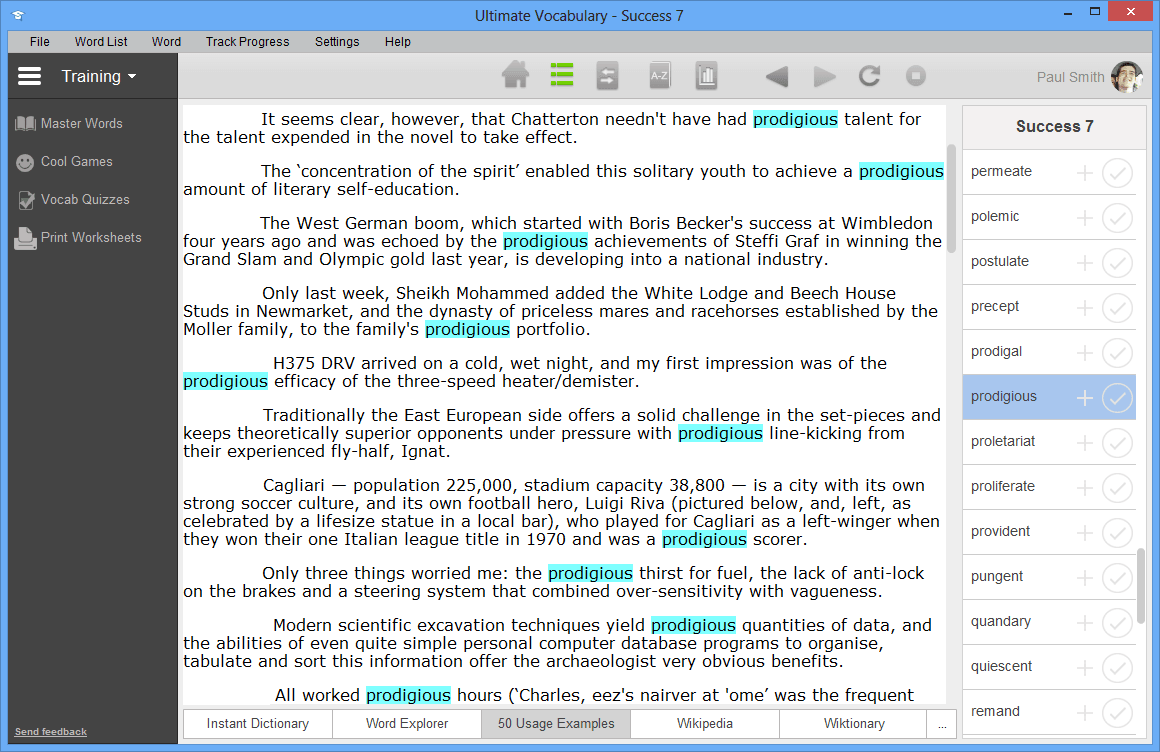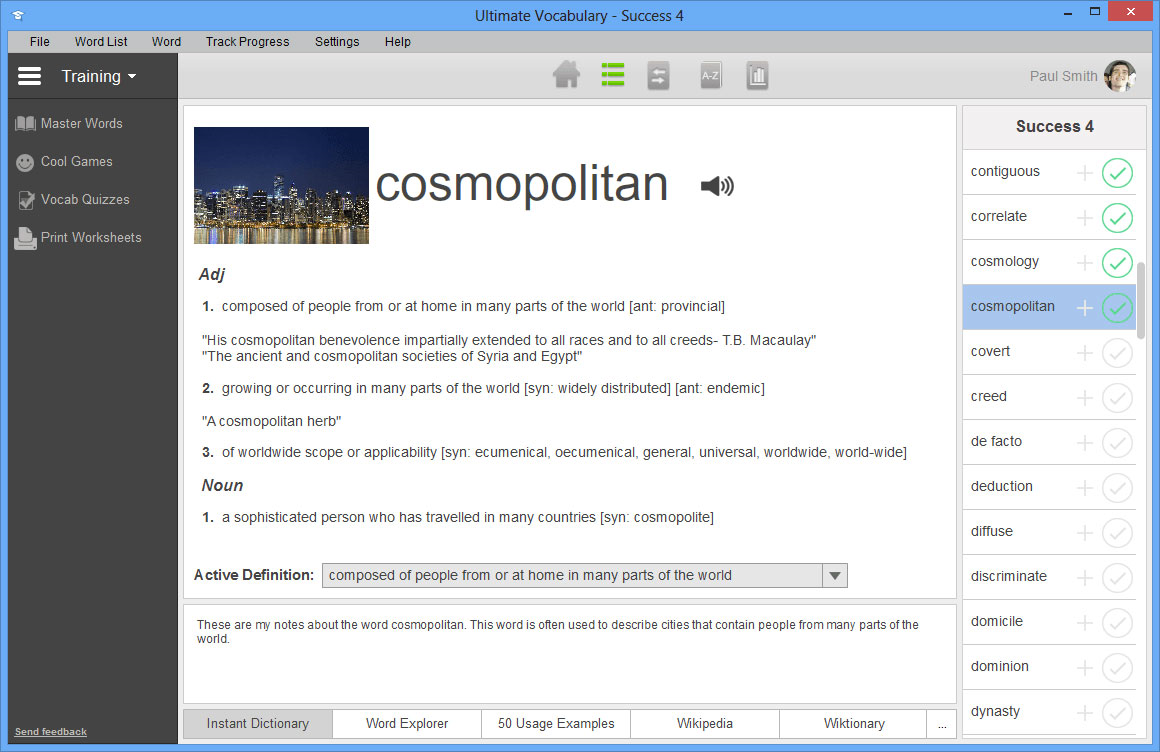

Revel in the language of a favorite Times columnist or critic. You may draw inspiration from this roundup of 60 winning videos. Direct your own 15-second vocabulary video. Here, for example, is how we once used the activity in a lesson plan on Edgar Allan Poe. Or, play the List/Group/Label game with your students before you read an article together.

Check out this Reader Idea from Larry Ferlazzo on ways to work with “tier two” words in the English Language Learner classroom. In its noun form, however, it means a sweet syrup used in cocktails: “An uncooked cordial requires a lot of time,” this recipe warns.įor teachers, we have even more advice. Take the word “ cordial.” As an adjective meaning “friendly but not overly close,” it is used in this article to describe a meeting between President Biden and congressional leaders. Type any word you’re learning into the Times search field to explore the nuances of its meaning in different contexts. Then, turn to The Times to find those words in the wild. To practice these words, you can start with ’s lists of vocabulary for standardized tests and essential vocabulary for middle school and high school students. Sometimes words in this category are called “ high utility” or “tier two” words. Whether preparing for a standardized test like the SAT or just reading for fun, you have no doubt come across words like assume, consist, potential, component and ultimate - words that appear in many contexts and with shifting meanings. Get familiar with “high utility” words in multiple contexts. To go even further, create a “language field guide” like the ones these middle school students have made. To keep track of the new words you’re learning, you might use our vocabulary log. The hot air balloon pilot was elated, so … The hot air balloon pilot was elated, but … The hot air balloon pilot was elated because … Here’s an example of these stems for the word elated : These will help you examine a word from different angles. If you have time to write several sentences, try out “because, but, so” - sentence stems from “ The Writing Revolution,” by Judith Hochman and Natalie Wexler. Then, test your understanding by writing a sentence of your own.
#Ultimate vocabulary 2015 review plus#
Visit The Learning Network’s free Word of the Day feature to find a new word each weekday, plus a definition from and an example sentence from The Times. Once you find a word you’d like to explore, consider participating in our September 2021 challenge by learning more about it and telling us what you’ve discovered.


To find your own articles, think about what sections of the paper are most likely to publish stories you care about: Sports, Style, Food, Politics, Music? Click around: Nearly any Times piece will introduce you to at least a few new words - or show you interesting ways to use words you may be familiar with but haven’t yet incorporated into your own vocabulary. Were any of those words on your list? Are any of them new to you? Why are we doing this? We want to show you that reading just one article of your choice in The New York Times can introduce you to all kinds of new words in an engaging context.įor instance, if you chose the piece about the abandoned houses of Instagram from which we took the image above, you could find words like creepy, decrepit, musty, agape, forlornly, rickety, faux, dilapidated, patina, limbo, succumb and askew. For fun, you might even do the exercise alongside someone else, then compare lists to see how many words you have in common. What words come to mind to describe it? Make a list. Before you read any further, take a moment to look at the photo above.


 0 kommentar(er)
0 kommentar(er)
